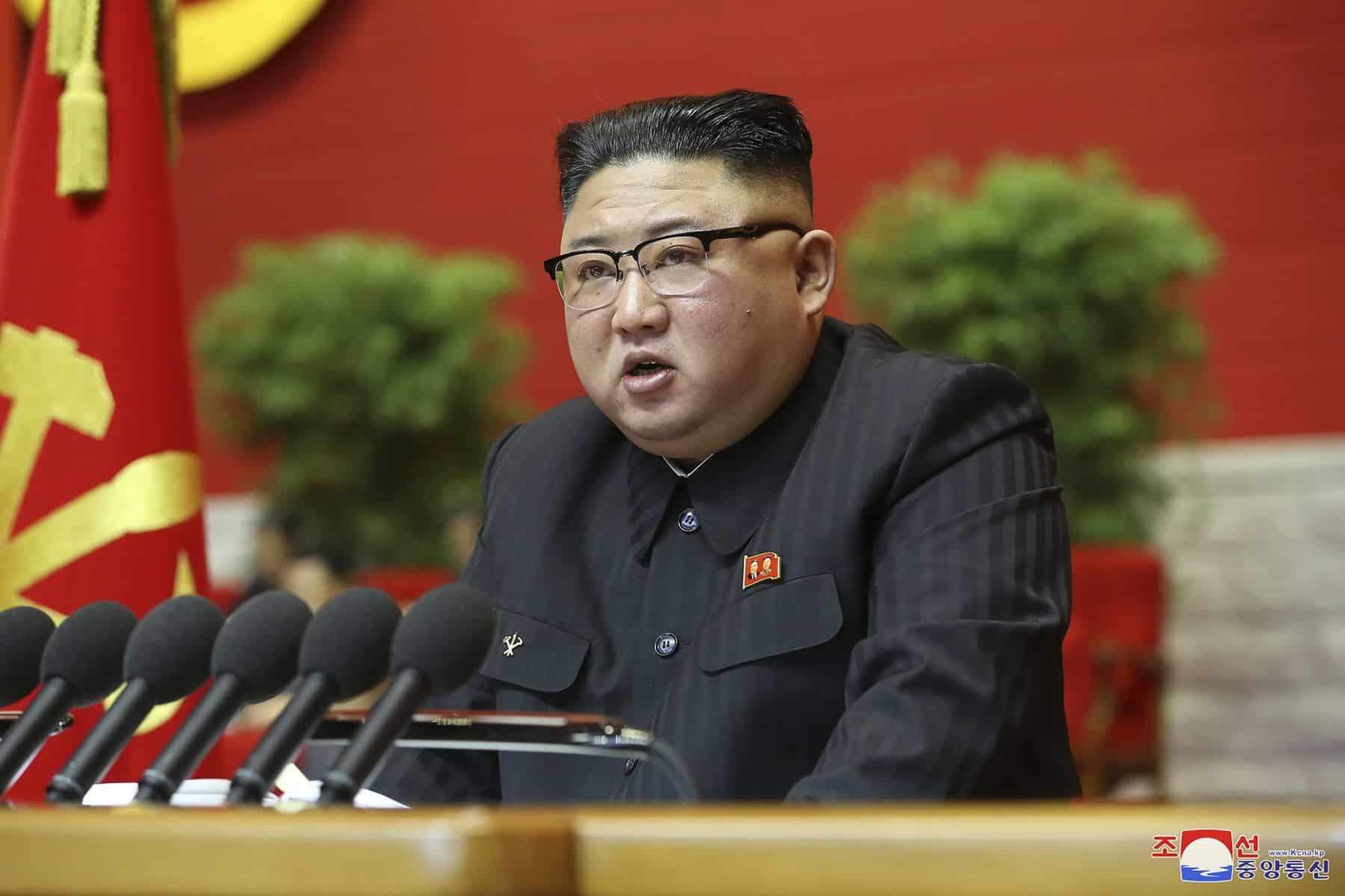Kim Jong Un Tells Ruling Party Congress He Wants Defense Boost

North Korean leader Kim Jong Un told a rare congress of his ruling party he wants to raise defense capabilities to a “higher level” as the nation seeks a new path away from shortcomings that have shaken a sanctions-hit economy.
“We stand at a great turning point,” he told the first Congress of the Workers Party of Korea to be held in five years, according to text of the speech released Thursday by the official Korean Central News Agency. He citied a need to “strengthen national defense capability to a higher level, to defend a peaceful environment for socialism construction.”
Kim didn’t elaborate on what he meant by the defense boost or offer details of how he will manage his nuclear arsenal amid disarmament talks that have stalled after three meetings with outgoing U.S. President Donald Trump and a new administration coming to the White House, when Joe Biden is inaugurated as president later this month.
The congress that started this week is set to meet for several days, putting together a new five-year economic plan and making leadership changes after Kim faulted the previous plan for falling short in several areas. Kim has so far made an opening address and could deliver closing remarks where he gives more details about his military and relations with the new president.
Kim is one of the few world leaders who has yet to congratulate -- or even acknowledge -- Biden’s win in the November election. During Trump’s tenure, Kim advanced his nuclear strike capability by modernizing his ballistic missile arsenal and developing more powerful atomic devices.
The North Korean leader said that while there have been difficulties, “our internal force further expanded and strengthened, and the external prestige of the country was raised remarkably,” KCNA reported.
North Korea’s economy is headed for its biggest contraction in more than two decades after it has been battered by sanctions, natural disasters and his decision to shut borders due to the coronavirus.
Photo: Kim Jong Un speaks during the ruling party congress in Pyongyang, North Korea on Jan. 5. Source: KCNA/KNS/AP Photo
Link: Kim Jong Un Tells Ruling Party Congress He Wants Defense Boost - Bloomberg











